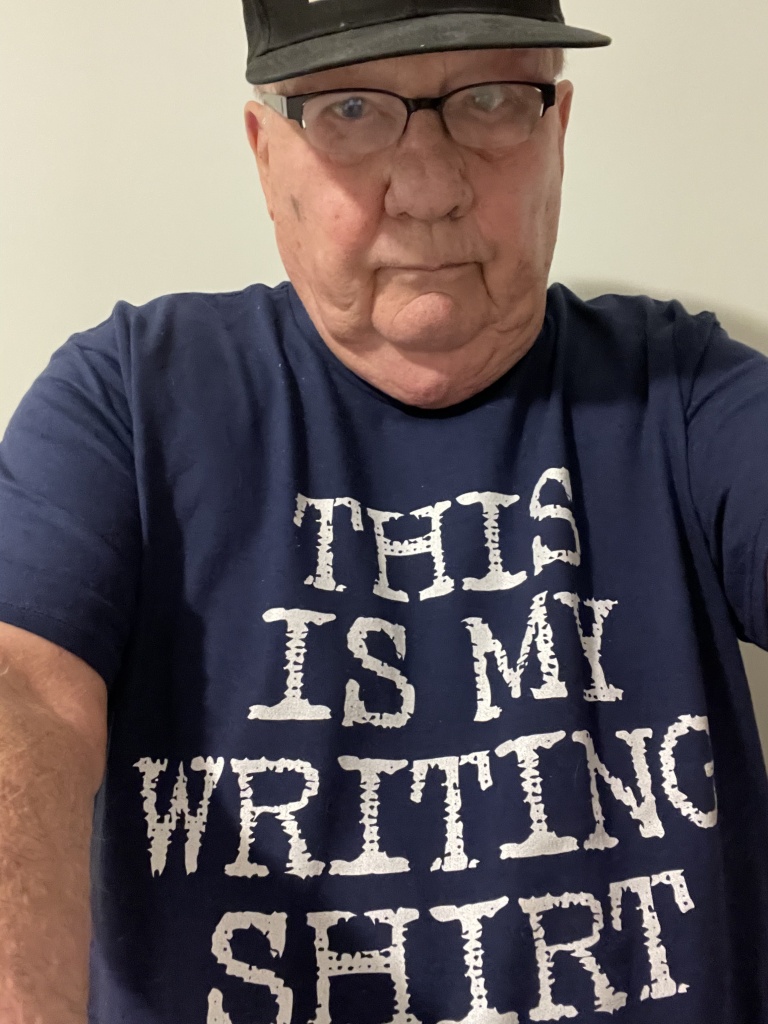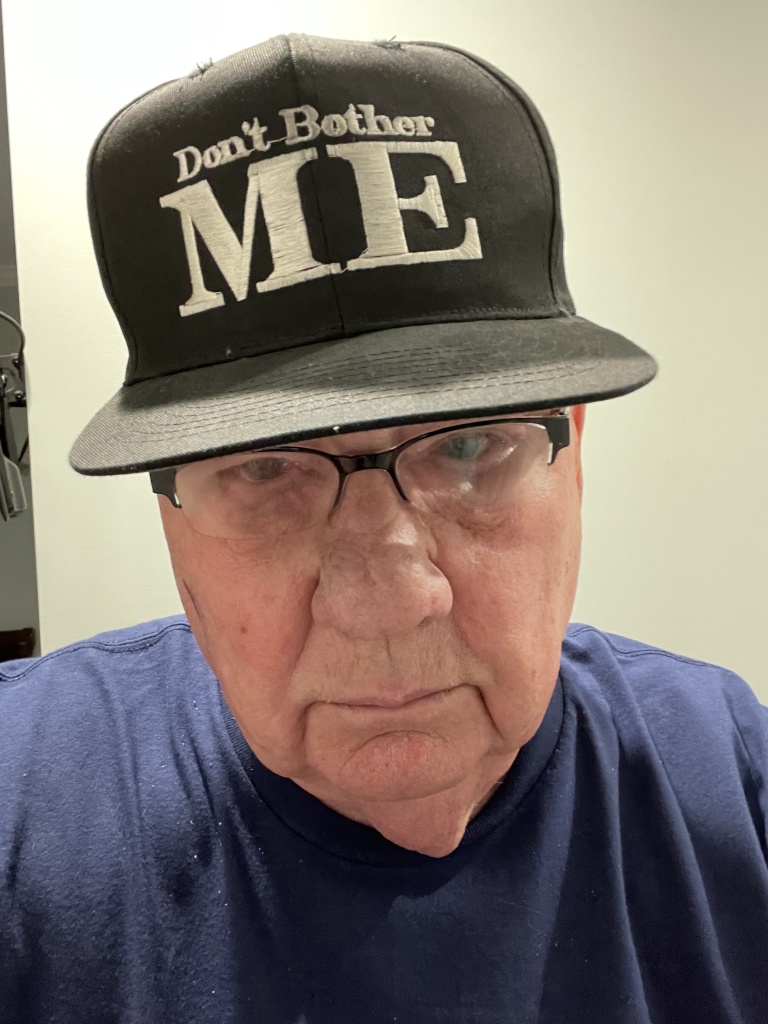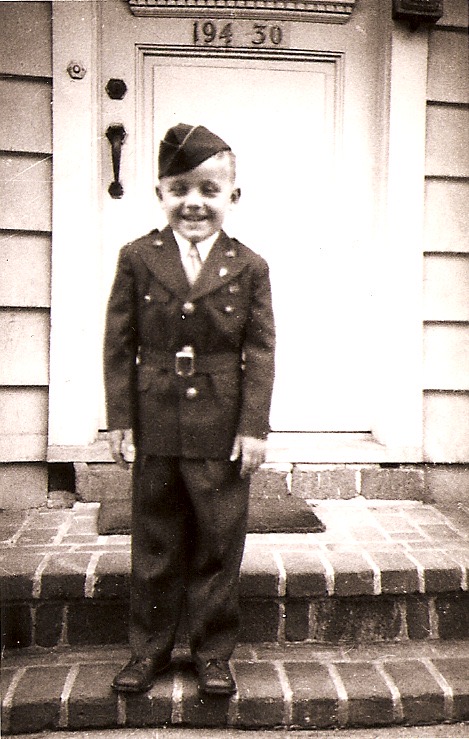At age 82 I had a completed manuscript and I had to figure how best to get it published. I believed that a traditional deal was the best. Now that I have some experience, I am not sure that is true. I wrote query letters. Researched agents that were accepting work in my area, military history. For six months I tried to interest an agent with no success. I then started corresponding with publishers. At that point I did not know that publishers fell into different categories:
Vanity
Hybrid
Self-Publishing
Traditional
I am not sure the above classifications are valid. Many publishers are a mixture of categories. After completing my due diligence with approximately twenty publishers, I felt that Dorrance was my best chance for a quality book. I came to that conclusion because their website was professional looking, they had been in business since 1920, they unlike many others did not promise the moon. Their contract was very specific about what they would do and what they would not do. They also were willing to negotiate many of the terms in the contract and their total cost was slightly less than the middle of all quotes. I learned the hard way; their sales pitch was much better than their performance.
The first request I made of Dorrance was a content edit. I wanted suggestions to improve the story line. To add suspense and make the characters more believable. I had only 56,000 words. I requested that first the book be read from cover to cover, then think about ways to improve it.
I was quoted a price of $50.00 an hour and an estimated five hours to read it and seven hours to suggest improvement. It took the editor three weeks and in e-mails and zoom meetings, it was apparent to me that the editor did not read the book. The feedback I got was mostly useless. It consisted of comments on word usage, poor grammar, the protagonist was not in enough trouble and showed a total lack of understanding of how the chain of command works in the military. That should have scared me off, but remember I had no previous experience. Dorrance assigned me a full-time coordinator and convinced me that their experienced project manager would be there guiding me through the entire process of creating, polishing. producing and promoting the next great best seller. My personally selected project coordinator was almost impossible to communicated with. Never answered the phone, took days to respond to e-mails and answered my questions with comments like “That’s in the contract but we don’t do that anymore.” I requested and got a different coordinator after two months, but communication was still poor at best. We eventually agreed on the particulars of the hard cover specifications, cover design, book overview and about the author. They were supposed to guide me in these areas, but I did 90% of the work.
After two years of dealing with Dorrance I would never use them again to publish my book nor would I recommend them. But when I step back and take an unemotional look there were lots of negatives but there were also many positives.
Major negatives:
Set the E-Book price at $22.00 and hard copy at $27.00.
Provided very little input and guidance.
Did a poor job of developmental, line, copy editing, and proof reading.
Did little advance advertising. No ARCs were sent out.
Produced the e-Book three months late.
Major Positives:
Provided a total novice with a framework and roadmap of all the things that needed to be done.
Provided a high-quality hard cover book. Paper, print, binding dust cover.
100 hard copies were sent to the author.
10 copies were sent to list provided by author.
100 postcards were mailed out and additional 100 to author.
300 news outlets were sent a press release.
Set up an author website.
Rights to the manuscript were nonexclusive.
Put the book in national book register and got it listed on multiple booksellers.
Listed the book in their on-line bookstore.
Set up distribution channels.
Author can purchase copies for 50% or list price.
Produced a book in six months.
I believe that publishers that charge for services play an important role in todays publishing. You have to be very diligent in which publisher you select, and you have to be very careful about the contract and expect to do most of the work yourself.






